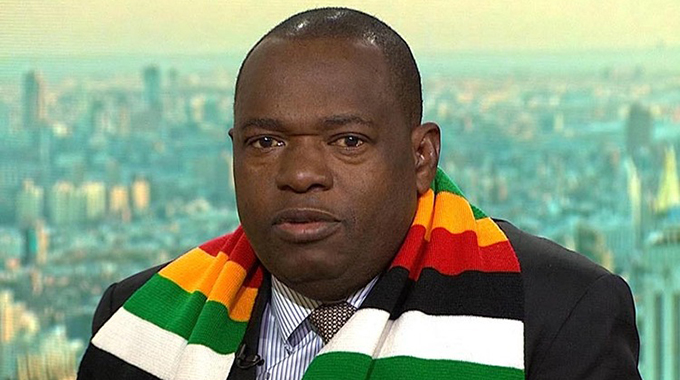Govt, WHO assess cholera preparedness

Bulawayo Bureau
GOVERNMENT has embarked on an exercise to assess the preparedness of health institutions to fight cholera and typhoid in the event of an outbreak. The exercise is being undertaken by the Ministry of Health and Child Care in partnership with the World Health Organisation (WHO).
In an interview, WHO Zimbabwe director Dr Alex Gasasira said the assessment seeks to ensure effective prevention of cholera and typhoid outbreaks during the rainy season.
He said the assessment was being undertaken in all the country’s 10 provinces to effectively implement the national cholera emergency plan.
The assessment, which started last week, was expected to be completed within the next two weeks to pave way for implementation of corrective measures.
“The Ministry of Health and Child Care is conducting a cholera and typhoid outbreak preparedness assessment with support provided by WHO. This is because the risk of outbreaks of cholera and typhoid increases as the rainy season starts. In order to rapidly detect and respond to any potential outbreak and prevent deaths and human suffering, it is important that all levels of the health system are adequately prepared and equipped,” said Dr Gasasira.
He said health facilities in districts that have had repeated reports of cholera and typhoid outbreaks in the past were being prioritised during the assessment.
“In February 2019, the Ministry of Health and Child Care with support of partners including WHO, developed a cholera outbreak and emergency preparedness and response plan. This plan identified key activities, materials and supplies that would ensure effective coordination of cholera prevention and response activities, timely detection and investigation of any suspect cholera or typhoid case,” said Dr Gasasira.
Dr Gasasira said early detection helped prevent deaths and suffering caused by the water-borne diseases.
Some of the factors that will be assessed include the availability of essential supplies, logistics and medication as well as the presence of trained health workers with knowledge and skills to implement recommended activities.
Dr Gasasira said the plan also identifies medicines and materials required for prompt treatment of any suspect cases. He said communities must adopt safe hygienic practices and have access to safe water and adequate sanitation to limit the occurrence and spread of infections.
Zimbabwe last recorded a cholera case in March this year.
Last year about 50 people died due to cholera in Harare and some parts of the Midlands due to water challenges.







Comments